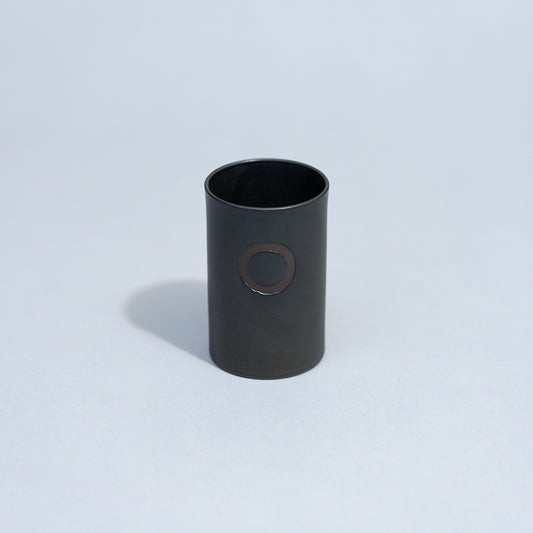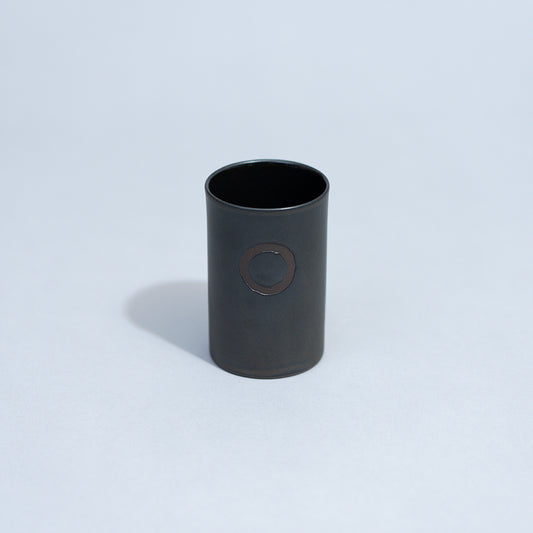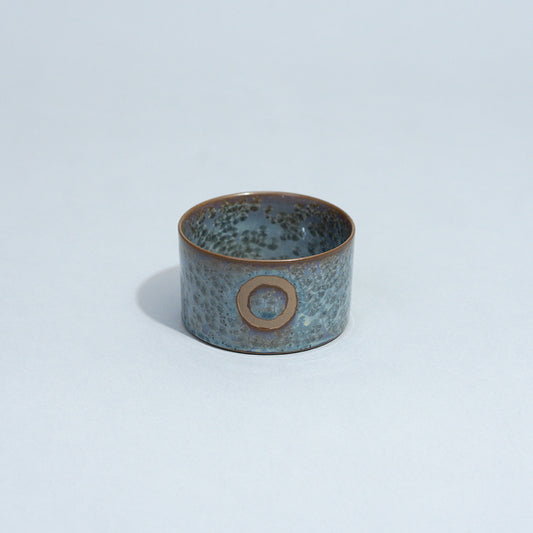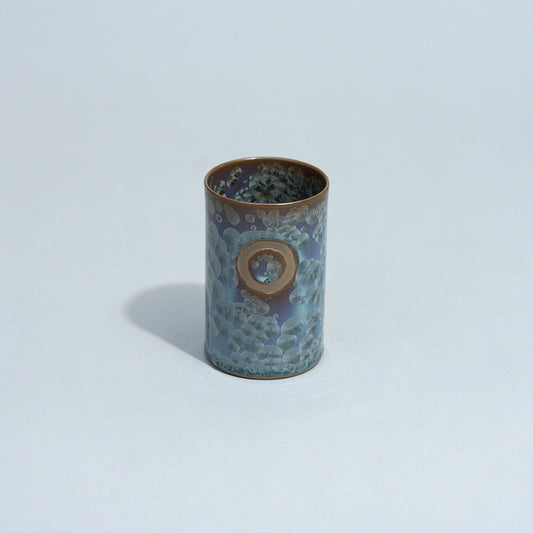-
* Shipping costs are 990 yen (tax included) nationwide .
-
* Free shipping for orders over 18,000 yen (tax included ).
About Japanese Zen tea "Komyoucha"

"Komyoucha" is a Japanese Zen tea jointly developed by QUTOTEN. and TeaRoom Co., Ltd. under the supervision of Komyoin, a subtemple of Tofukuji Temple.
The lotus flower, which embodies Buddhism
Just as the lotus flower blooms from the mud, the teaching goes that even in the mud of earthly desires, the flower of enlightenment can bloom. (From the five virtues of the lotus flower, "The virtue of being untainted by muddy water")
The unchanging pine tree is a symbol of immutability.
The Zen phrase "The pine tree has no color, no time or place" teaches that just like a pine tree, whose appearance remains unchanged from the past to the present, the principles of things remain unchanged through the ages.
Taking inspiration from these, the Japanese Zen tea "Komyoucha" was created.
It is based on lightly steamed sencha green tea and is made with a blend of lotus and pine leaves.
The slightly sweet and mellow flavor of lotus harmonizes with the refreshing, herb-like pine leaves, creating a masterpiece that brings out the best in the three ingredients.
Of course, you can brew it in a teapot, but we also highly recommend drinking it as cold brew tea.
Enjoy a refreshing moment with this tea that is different from ordinary tea.
Product Details
| Product name |
Japanese Zen tea "Komyoucha" |
| Sales price |
2,800 yen + tax |
| Product Type |
Blended Tea |
| raw materials |
Green tea (domestic), lotus tea, pine needles |
| Contents |
45g |
| Package Size |
Width 4.5cm / Height 10cm |
| expiration date |
May 2025 |
| Storage method |
Store away from direct sunlight, high temperatures and humidity. |
| Planner |
QUTOTEN. / Komyoin, a sub-temple of Tofukuji Temple / Tea Room |
| Seller |
QUOTE N.
396-4 Tenjincho, Shimogyo Ward, Kyoto City, Kyoto Prefecture |
| Processor |
Kimura Processing Co., Ltd. 302-2 Makinohara, Shimada City, Shizuoka Prefecture |
How to drink Komyocha
\Refreshing aroma/When brewed in a teapot
You can enjoy 2 to 3 brews in a teapot.
- Time: 1 minute
- Temperature: 90℃
- Capacity: 3g
Recommended for summer: Cold brewed tea
The recommended amount of water is 1L.
- Duration: 45 minutes
- Temperature: 5°C
- Capacity: 9g
About Komyoin, a subtemple of Tofukuji Temple

Tofukuji Temple Sub-Temple Komyoin
It was founded in 1391 (Meitoku 2) at the beginning of the Muromachi period as a sub-temple of Tofuku-ji Temple by Kanayama Myocho.
Just inside the temple gate, in the Unreitei garden, there is a statue of Marishisonten, the guardian deity of victory.
Nicknamed the "Rainbow Moss Temple," the main garden, "Hashintei," which displays a stunning harmony of moss and sand, is a dry landscape garden designed by Showa-era landscape designer Mirei Shigemori, and was created in 1939 along with the Tofuku-ji Temple Hojo Garden.
Hashintei is a Heian-style coastal garden with a different feel from the Hojo Garden. In reference to the temple's name, "Komyō," meaning "light," standing stones are arranged in a diagonal line around a triad of stones floating on the white sand, representing the ocean.
The Satsuki azaleas behind them are heavily pruned to create dynamic cloud patterns, and if you look up further you can see the teahouse "Rokugetsuan."
Rokugetsuan, which takes its name from the Zen phrase "Clouds do not rise above the mountains, the moon falls into the heart of the waves," was built in 1957.
The windows, walls and shoji screens feature a moon motif, allowing visitors to enjoy the moon rising in the eastern sky from Namishin Garden.
It is said that Marishiten, mentioned above, is also sometimes depicted riding on the moon, and the intricate and skillful furnishings, consistent from the temple's name, Komyo, to Rokugetsuan, bring about beautiful scenery and peacefulness to the soul.
If you eliminate your worldly desires, the moon (the Buddha's heart) will be reflected on the waves.
About TeaRoom Inc.

TeaRoom Co., Ltd. is a company founded in 2018 with the philosophy of "Aiming for a kind world without conflict."
Shortly after the company was founded, the company took over a Japanese tea factory and the co-founders moved to Shizuoka, starting a business with two bases in Tokyo and Shizuoka. Production research and development is carried out in Shizuoka, while planning, sales and marketing are carried out in Tokyo.
Currently, we are expanding our business into a wide range of areas, from fields to tea production, research and development, tea sales, cultural activities, production of alcoholic beverages and D2C products, and space production.
Ryo Iwamoto, CEO of TeaRoom Inc. and associate professor of Urasenke tea ceremony, has been selected for "Forbes JAPAN 30 UNDER 30 2022" for his unique perspective on the "philosophy of tea ceremony x Japanese tea industry."
◯ QUTOTEN.'s philosophy

At QUTOTEN., we develop products based on six philosophies.
- Be natural.
- Beautiful and functional.
- Blend in rather than standing out.
- Don't tell everyone everything, leave it up to the listener.
- Try incorporating waste.
- First of all, we enjoy ourselves.
#Tea #Green tea #Sencha #Gift #Present






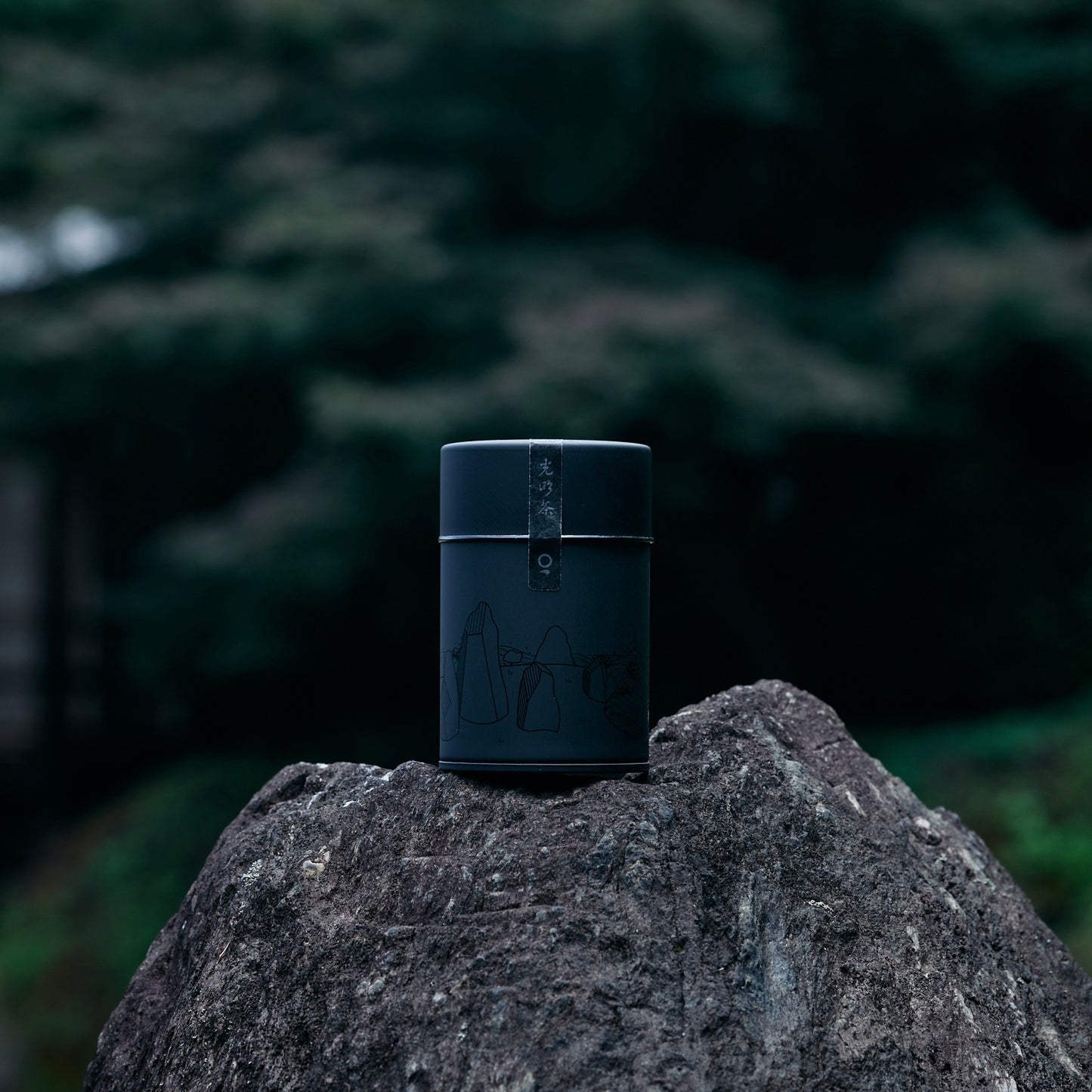
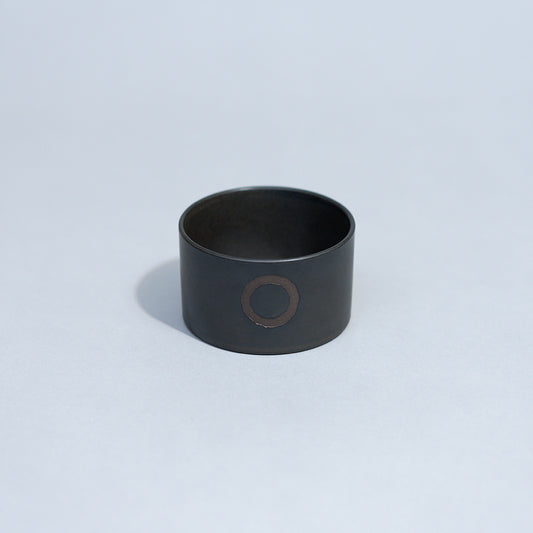 Sold out
Sold out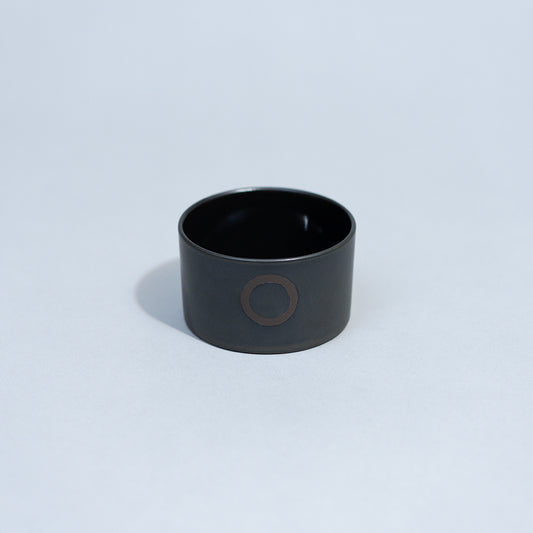 Sold out
Sold out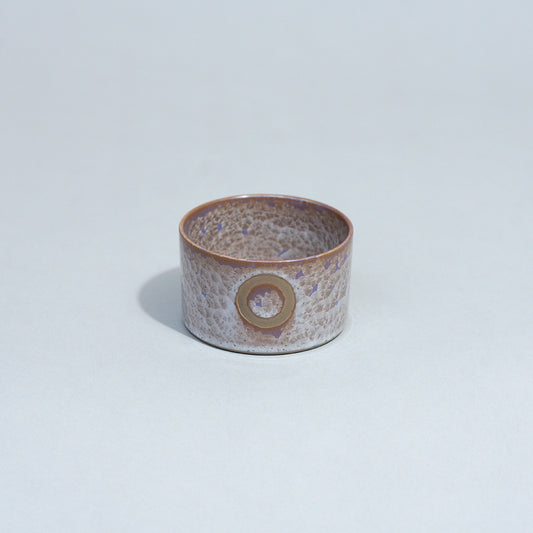 Sold out
Sold out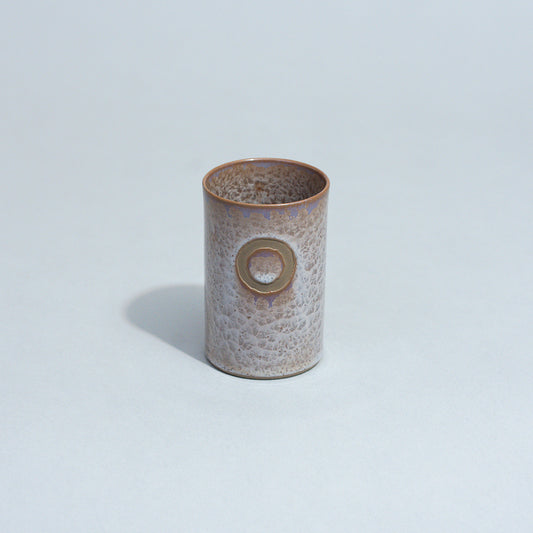 Sold out
Sold out















